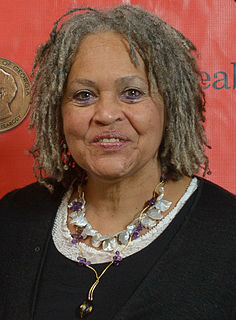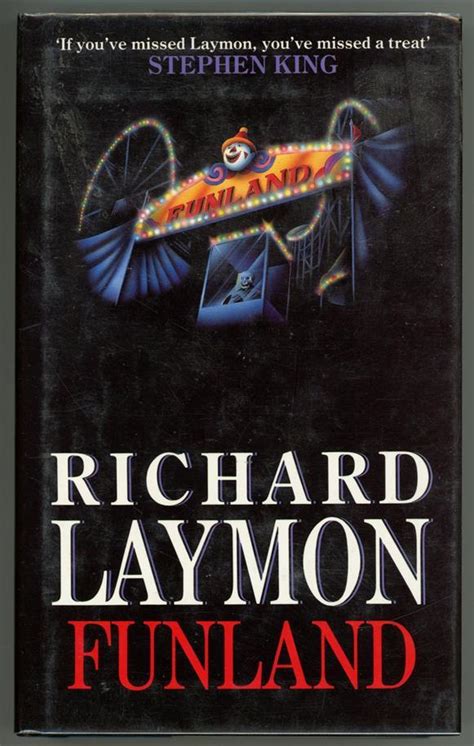A Quote by Patricia Riggen
Americans are more likely to watch a film in their own language. For the rest of the world, it doesn't matter so much.
Related Quotes
Compared with other Americans, journalists are more likely to live in upscale neighborhoods, have maids, own Mercedes and trade stocks, and less likely to go to church, do volunteer work or put down roots in a community. Journalists are over-represented in ZIP code areas where residents are twice as likely as other Americans to rent foreign movies, drink Chablis, own an espresso maker and read magazines such as Architectural Digest and Food & Wine.
I am a writer who is definitely working with a specific language and more than English, that language is American. And I work very much in idiom and am very interested in the play of different kinds of rhetoric, whether it is the more high-flown stuff that reeks of age. I love to juxtapose something like that with something more current or urgent. I am always interested not in America by itself, but America as an idea and how that idea has changed over time, in the eyes of the rest of the world and in the eyes of Americans.
My parents were both first-generation Irish Catholics raised in Brooklyn. But it was more for me - it was that women of that generation were even less likely to express themselves, more likely to have that active interior life that they didn't dare speak out. So I was interesting in women of that era. I was interested in the language of that era. There's so much. And, certainly, this is cultural, so much there wasn't spoken about.
Britain, as a pop music nation, used to have this very 'empire' kind of attitude. We used to 'invade' the world with our bands, you know? That's obviously changed, because in Europe they're much more interested in bands speaking their own language. Especially in France and Germany. They're starting to develop their own bands much more.
A few of my books, over the years, have been optioned for film. The subject matter of my books, however, is not exactly conducive to Hollywood film treatment. If and when a 'big-budget' film is ever made based on one of my books, my fans and I will more than likely loathe it because it won't be true to its source. That's almost a given.
The task that has fallen to us as Americans is to move the conscience of the world, to keep alive the hope and dream of freedom. For if we fail or falter, there'll be no place for the world's oppressed to flee to. This is not a role we sought. We preach no manifest destiny. But like the Americans who brought a new nation into the world 200 years ago, history has asked much of us in our time. Much we've already given; much more we must be prepared to give.






































